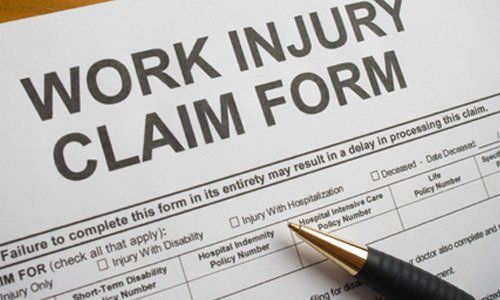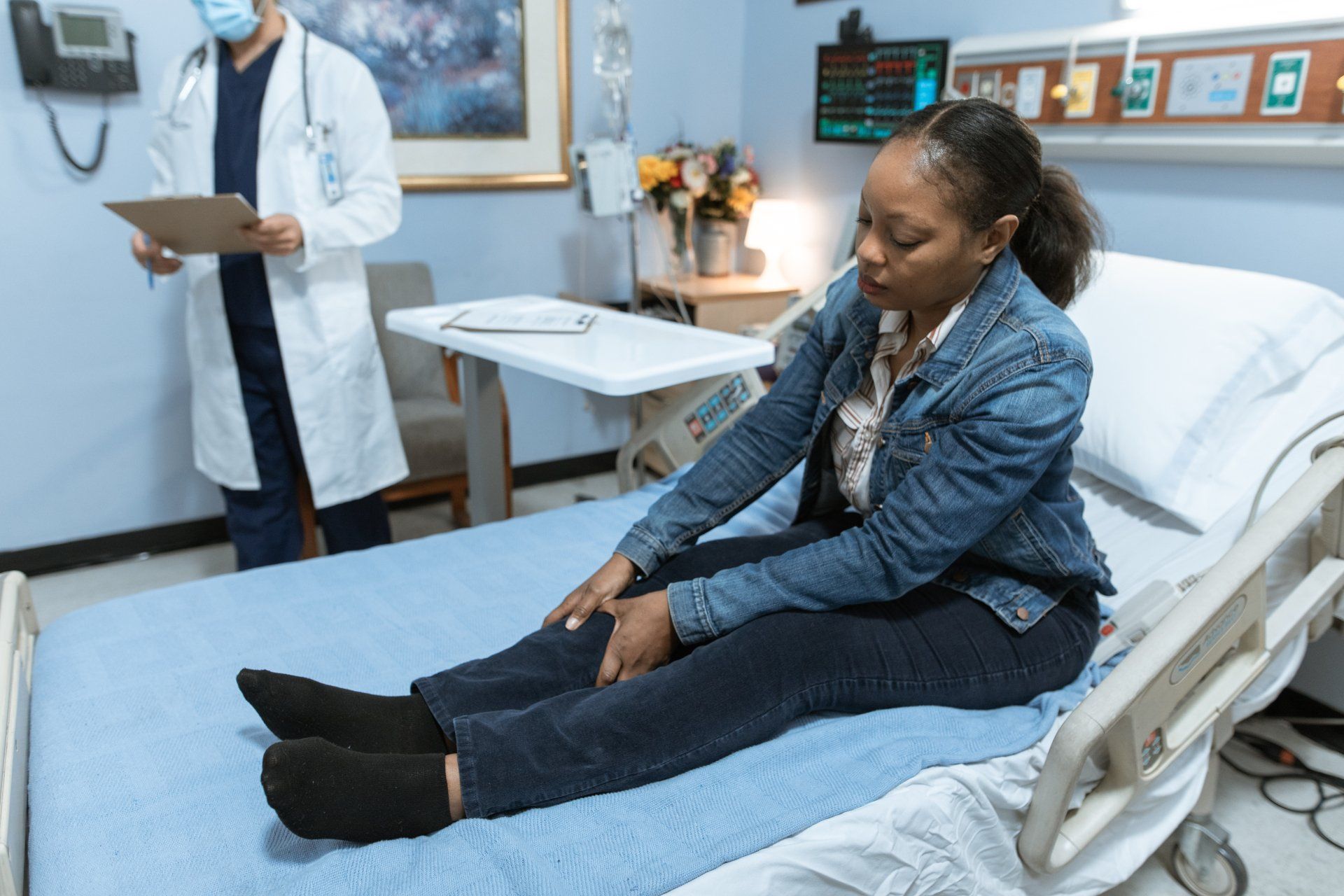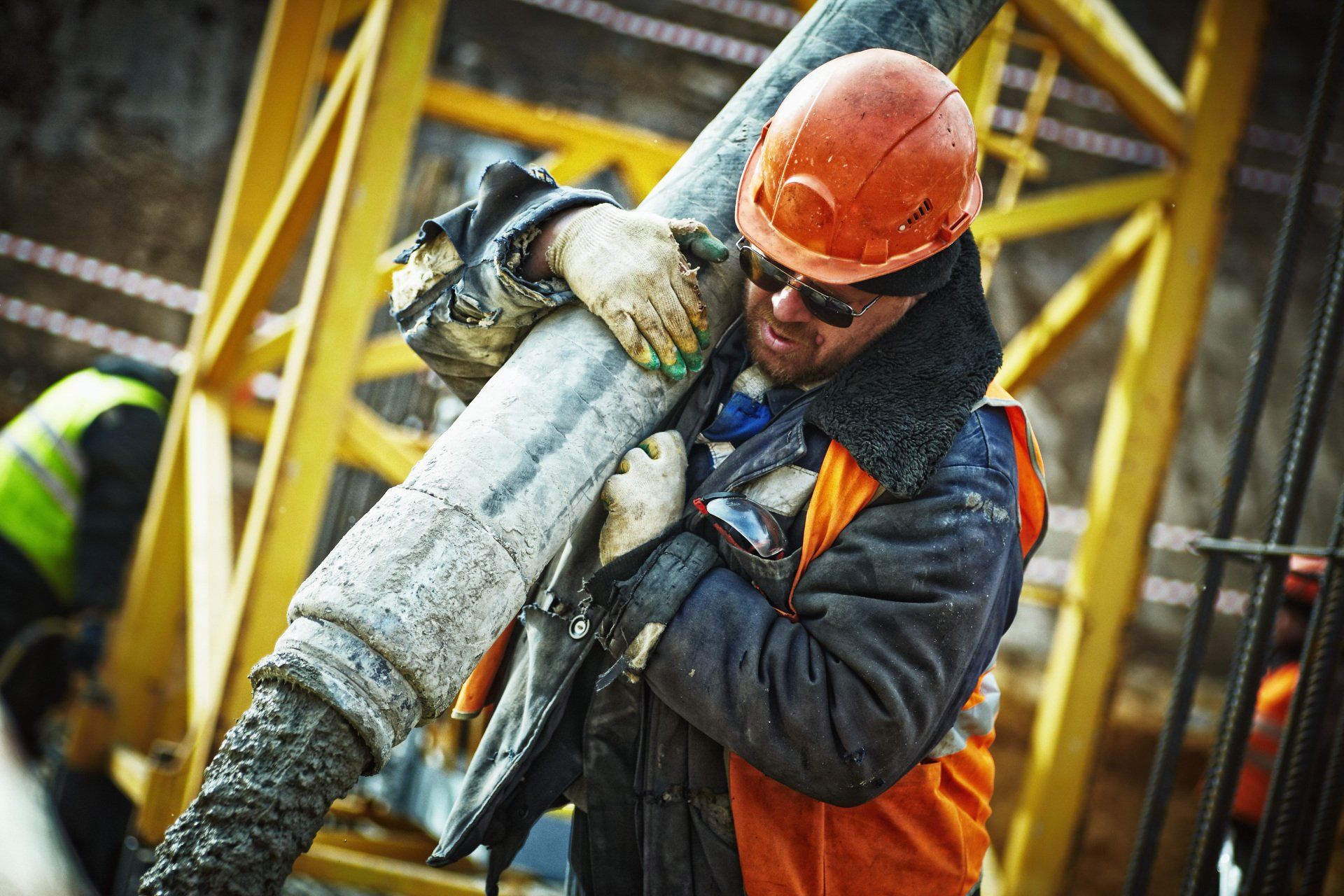Post-employment Testing: Should Your Employees Return to Work?
It’s important to get injured employees safely back into the workplace. Learn more about how you can determine if they’re ready to resume their full duties.

With so many employees finally returning to the workplace after working remotely due to Covid, it's important to ensure that they're fit for physical jobs that they've been away from. Therefore, it's incredibly important to determine if an injured employee or an employee who has recently recovered from Covid can assume a physically demanding job that they had been previously been working. This is where post-employment testing comes in. It's crucial to test employees to see if they’re fit for duty, or what level of duty, as there’s a risk of re-injury or a need to build strength back post Covid.
When Will Fit-for-Duty Testing Be Done?
Fit-for-duty tests are usually done in the following cases:
- An employee is coming back to work after a leave of absence as a result of injury.
- Inconsistent behavior needs to be addressed.
- A doctor recommends that heavy work should be avoided.
- A physician recommends light work. The employee is only allowed to exert the least physical effort in a standing position, or while walking.
- Modified or sedentary work is recommended.
- A doctor recommends that the injured employee should not be placed in situations that cause irritability and stress.
The Physical Capacity Profile® (PCP) Testing System can help your business perform fit for duty tests and put a safety program in place. And, in this post-Covid era with employees returning after working remotely, having a safety program has never been more important.
The Physical Capacity Profile (PCP) Testing System
The PCP Testing System is compliant with the Americans with Disabilities Act (ADA) and Health Insurance Portability and Accountability Act (HIPAA). It has also undergone Equal Employment Opportunity Commission (EEOC) audits.
How Does the PCP Test Work?
The computerized software of the PCP Testing System can collect comprehensive test results in just 20 minutes and the PCP notifies you when the report has been uploaded.
PCP testing includes comprehensive physical exams and a medical review. It measures upper and lower extremity strength, normal lumbar range of motion, mobility of lower extremities, maximum lifting capability, safe techniques for lifting, fitness and Spirometry.
Benefits of the System
Using this system will increase workplace safety and reduce work-related injuries in your business. As the employer you can ensure that employees with injuries are fully recovered in order to return to work. Additionally, the PCP Testing System ensures that you hire new employees with the required strength to get the job done.
Other benefits of the PCP Testing System to your company and employees include:
- Fewer workers’ compensation claims
- Fewer work-related injuries that lead to missed workdays
- Your legal expenses from workers’ compensation cases will decrease
- Workers’ compensation premiums will decrease
- The company’s productivity will increase when physically able people get hired
- Saving on medical costs of employees.
What Falls Under Fit for Duty Tests and Are They Legal?
The Occupational Safety and Health Administration (OSHA) regards a person as fit for duty if he or she can do their work in a way that is not a danger to themselves or others.
Tests That Fall Into This Category
- Post-offer, pre-placement testing - Employers can use these tests to help them determine if employees have a disability and what can be done to help them be successful at their jobs.
- Post-employment testing - allows the employer to act before a serious injury can occur.
- Return to work - this allows for transitional duties and the injured employee can return to work as soon as they can perform work in any capacity.
Is This Exam Legal?
The EEOC’s Uniform Guidelines to Employee Selection Procedures states that it’s legal for employers to do fitness for duty testing. According to ADA, a business can’t discriminate against disabled employees who are qualified to do a job. Their disability shouldn’t prevent them from being able to perform the job, whether it’s with reasonable accommodation, or without it.
When Can Employees Be Asked To Participate?
According to the EEOC, existing employees can be asked to take part in fit for duty testing in the following cases:
- There is reasonable suspicion that the employee suffers from a medical condition that impairs their ability to perform their job functions safely.
- There is reliable and evidence that an employee is struggling to perform their essential job functions.
- The employee has been absent for medical reasons and is now returning to work.
- The employee requests to be accommodated.
Final Thoughts
As an employer, you need to protect your employees and yourself by establishing that they can handle the physical demands of their job. The PCP Testing System will help prevent work-related injuries and limit workers’ compensation claims. You will also be sure that you are hiring people with the strength to handle their jobs which is so important after a long time away from performing physically demanding activities. To learn more about the PCP Testing System, head to our site.










